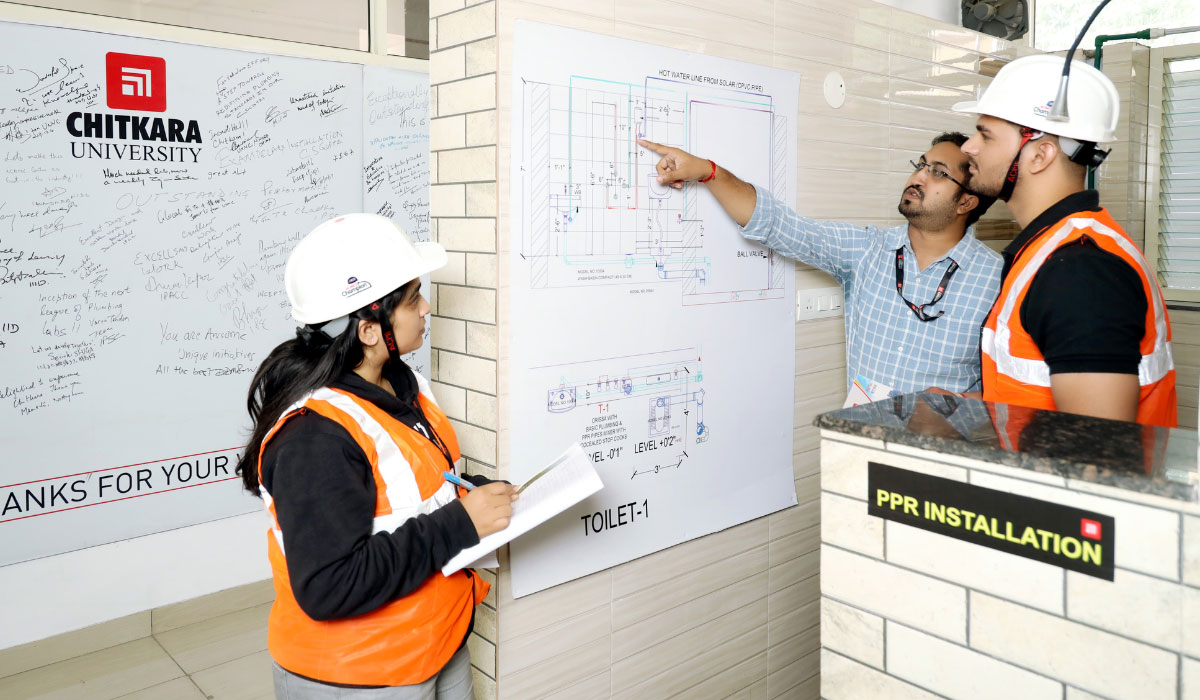A Ph.D in Civil Engineering is a high-level graduate degree that focuses on advanced study and research in the field of Civil Engineering. The program usually takes about 4-7 years to complete and involves coursework, research, and the preparation and defense of a thesis or dissertation.
Civil Engineering PhDs can specialize in a wide range of subfields, such as structural engineering, geotechnical engineering, transportation engineering, environmental engineering, and more. Upon graduation, PhDs in Civil Engineering have a wealth of knowledge and experience that they can apply in a variety of careers, including academia, consulting, government agencies, construction management, project management, and sustainability and environmental engineering.
Top 10 career options after Ph.D in Civil engineering are:-
Academic Research: Civil Engineering PhDs often pursue careers in academic research, where they can contribute to the advancement of their field through research, teaching and mentorship.
Consulting Engineering: Many PhDs in Civil Engineering go into consulting, where they use their expertise to advise clients on complex infrastructure projects.
Government Agencies: Civil Engineering PhDs are also in high demand by government agencies.
Construction Management: With their extensive knowledge of construction processes and materials, Civil Engineering PhDs can excel in construction management roles, where they oversee projects from start to finish.
Project Management: PhDs in Civil Engineering can also specialize in project management, where they plan, budget and execute projects, ensuring they are completed on time, within budget and to the required quality standards.
Sustainability and Environmental Engineering: PhDs can use their expertise in Civil Engineering to work on sustainability and environmental engineering projects, such as designing and implementing renewable energy solutions or improving water management systems.
Structural Engineering: Structural engineers design and analyze the stability, support, and rigidity of buildings and other structures. PhDs in Civil Engineering can specialize in this area, working on large-scale projects such as skyscrapers or bridges.
Geotechnical Engineering: Geotechnical engineers study the physical and mechanical properties of soil and rock and their interaction with structures and the environment. PhDs in Civil Engineering can specialize in this area and work on projects such as underground infrastructure or dam design.
Transportation Engineering: Transportation engineers plan, design, and manage the construction of transportation systems, including roads, bridges, airports, and mass transit systems. PhDs in Civil Engineering can specialize in this area and work on large-scale transportation projects.
Software Development: PhDs in Civil Engineering can also use their expertise in computational methods and software development to work in the development of specialized engineering software.
Chitkara University offers an intellectually demanding doctoral program, University Doctoral in Engineering and Technology program provides a comprehensive education that equips individuals to adapt to the evolving demands of today’s engineering industry. The program meticulously focuses on developing students’ knowledge, skills, and experience, positioning them to become prominent leaders in the engineering field.
In conclusion, there are many diverse and rewarding career paths for PhDs in Civil Engineering, from academic research and consulting to project management and sustainability engineering. Whatever path you choose, a PhD in Civil Engineering will equip you with the knowledge and skills to make a positive impact on the world.






